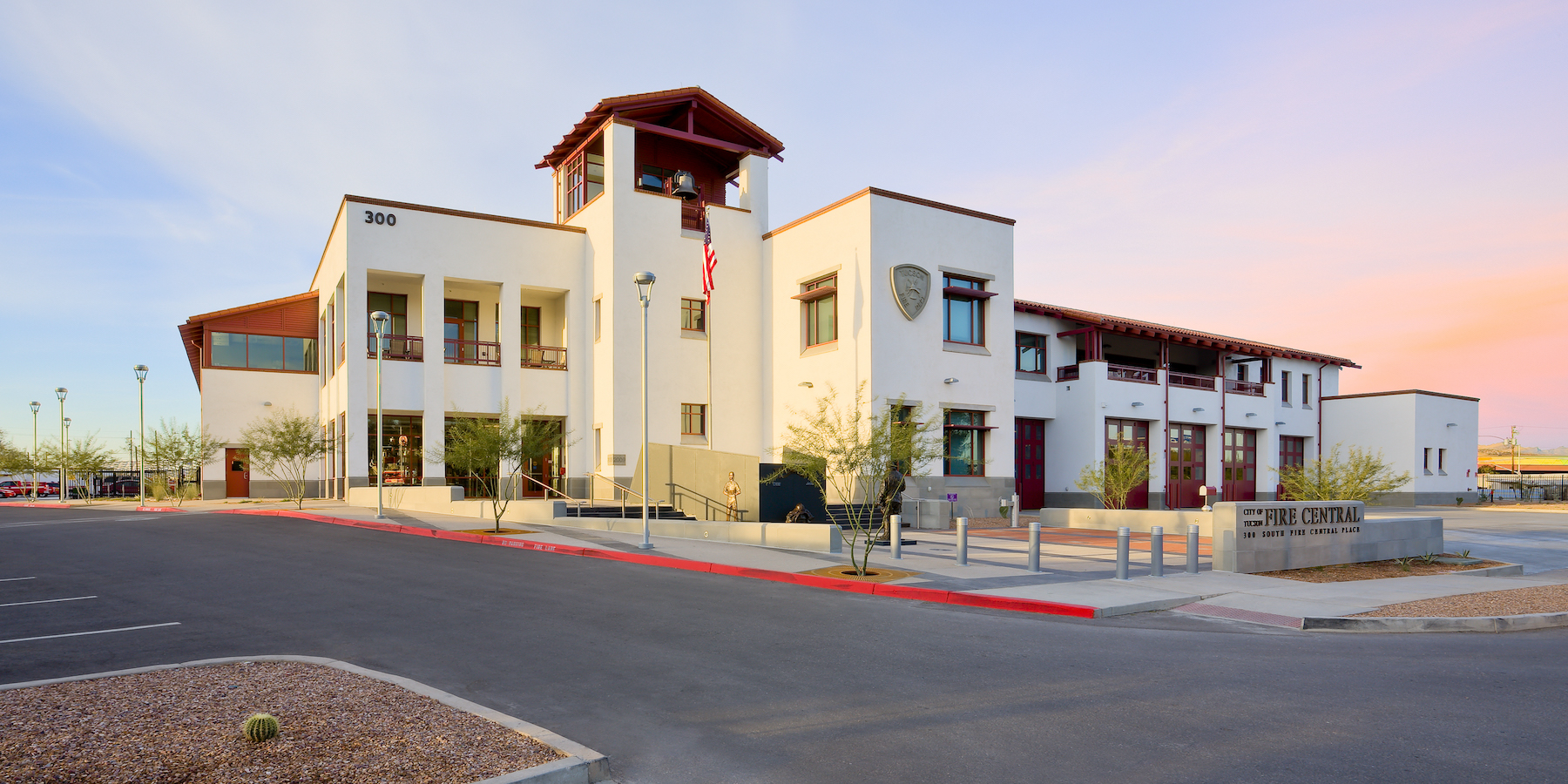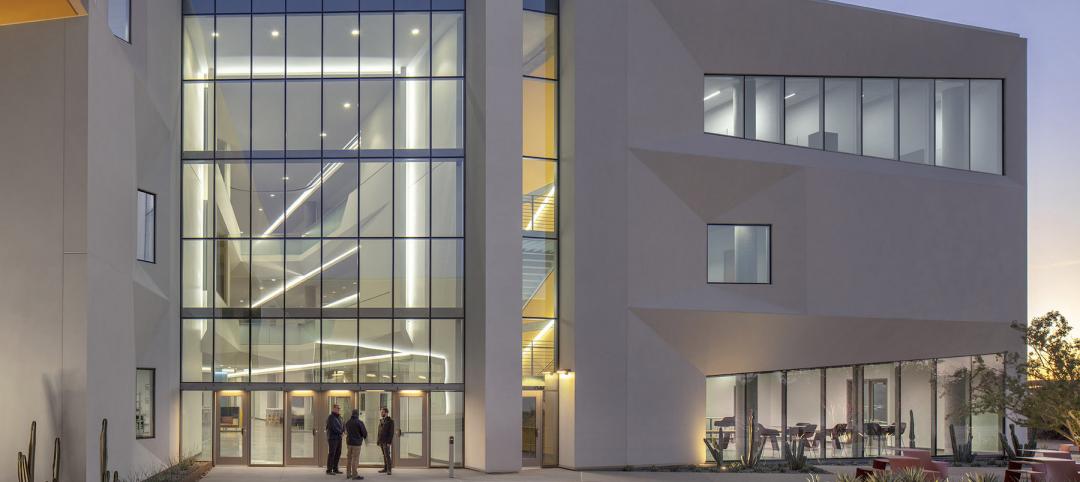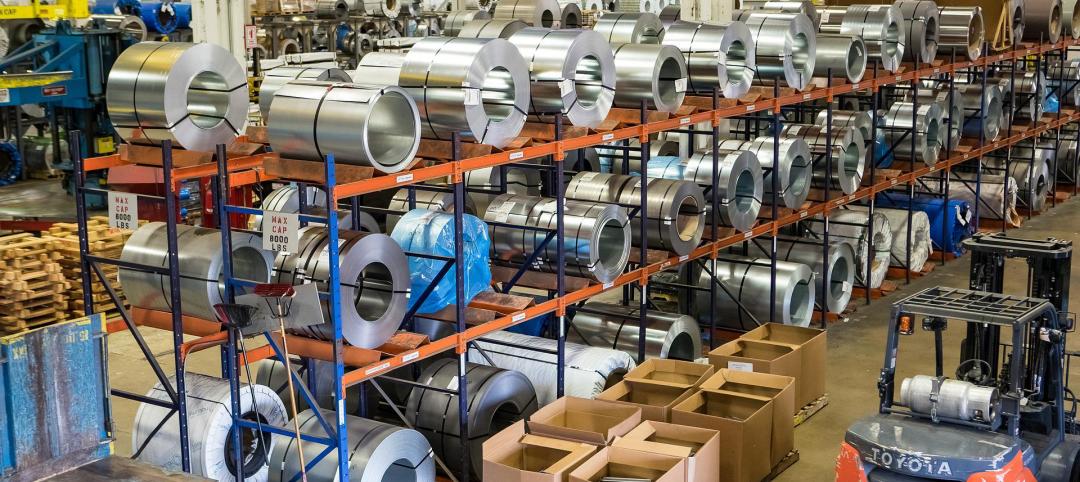Shive-Hattery announces that it has acquired WSM Architects, Inc., a 13-person architecture firm in Tucson, Arizona. The acquisition expands Shive-Hattery’s reach to the Southwest and broadens its design capabilities in the corporate workplace, government, education and healthcare markets.
“Shive-Hattery and WSM Architects are both built on a foundation of strong client service. We remain steadfast in providing a continuity in service with the best depth of talent from across our design firm,” said Shive-Hattery President Jennifer Bennett, SE, PE. “Remote work technology has made this possible where we can customize the best team for each client, regardless of whether our designers are located in the Midwest or Southwest, in order to create a seamless experience which our clients value, appreciate and expect.”
WSM Architects will operate as WSM Architects, a Division of Shive-Hattery, Inc.
“WSM Architects and Shive-Hattery share a strong cultural fit that is mutually beneficial for our clients and design talent,” said Paul Mickelberg, AIA, LEED AP BD+C, Principal of WSM Architects. “Joining Shive-Hattery enhances and complements our values, and we look forward to being a part of a larger team to provide more design capabilities for our clients and growth opportunities our employees.”
Shive-Hattery is a 450-person architecture and engineering firm headquartered in Iowa with design offices in Arizona, Illinois, Indiana, Iowa, Nebraska, Ohio and Wisconsin.
Related Stories
Healthcare Facilities | Jun 22, 2022
Arizona State University’s Health Futures Center: A new home for medical tech innovation
In Phoenix, the Arizona State University (ASU) has constructed its Health Futures Center—expanding the school’s impact as a research institution emphasizing medical technology acceleration and innovation, entrepreneurship, and healthcare education.
Market Data | Jun 22, 2022
Architecture Billings Index slows but remains strong
Architecture firms reported increasing demand for design services in May, according to a new report today from The American Institute of Architects (AIA).
Green | Jun 22, 2022
World’s largest commercial Living Building opens in Portland, Ore.
The world’s largest commercial Living Building recently opened in Portland, Ore.
Multifamily Housing | Jun 21, 2022
Two birds, one solution: Can we solve urban last-mile distribution and housing challenges at the same time?
When it comes to the development of both multifamily housing and last-mile distribution centers, particularly in metropolitan environments, each presents its own series of challenges and hurdles. One solution: single-use structures.
Libraries | Jun 21, 2022
Kingston, Ontario, library branch renovation cuts energy use to 55% of benchmark
A recent renovation of the Kingston (Ontario) Frontenac Public Library Central Branch greatly boosted energy and water efficiency while making the facility healthier and safer.
Building Materials | Jun 20, 2022
Early-stage procurement: The next evolution of the construction supply chain
Austin Commercial’s Jason Earnhardt explains why supply chain issues for the construction industry are not going to go away and how developers and owners can get ahead of project roadblocks.
Building Team | Jun 20, 2022
Andres Caballero Appointed President of Uponor North America
Uponor Corporation (Uponor) has named Andres Caballero president of its Building Solutions – North America division and a member of the Executive Committee at Uponor.
| Jun 20, 2022
An architectural view of school safety and security
With threats ranging from severe weather to active shooters, school leaders, designers, and security consultants face many challenges in creating safe environments that allow children to thrive.
School Construction | Jun 20, 2022
A charter high school breaks ground in L.A.’s Koreatown
A new charter school has broken ground in Los Angeles’ Koreatown neighborhood.
Building Team | Jun 17, 2022
Data analytics in design and construction: from confusion to clarity and the data-driven future
Data helps virtual design and construction (VDC) teams predict project risks and navigate change, which is especially vital in today’s fluctuating construction environment.

















